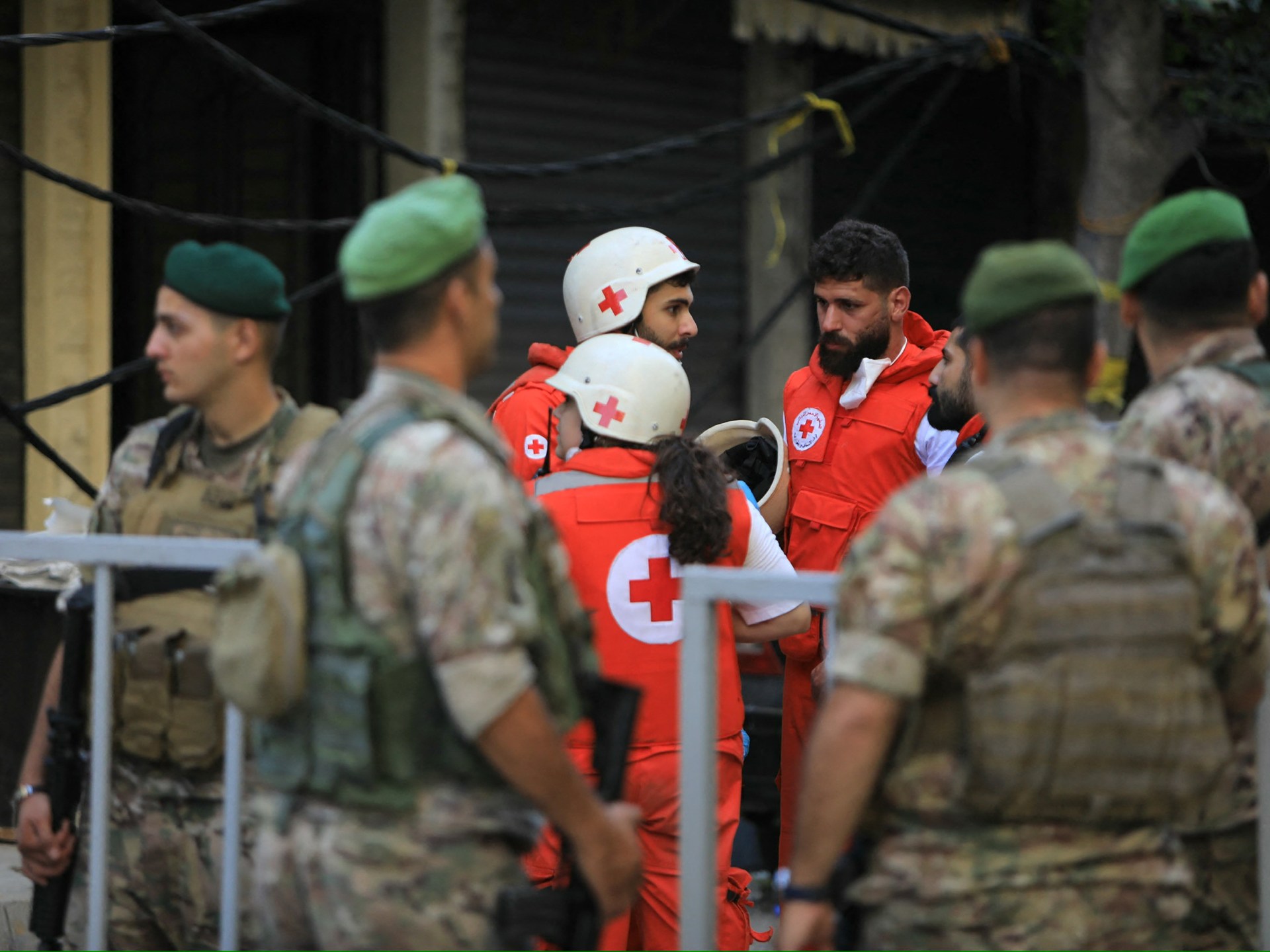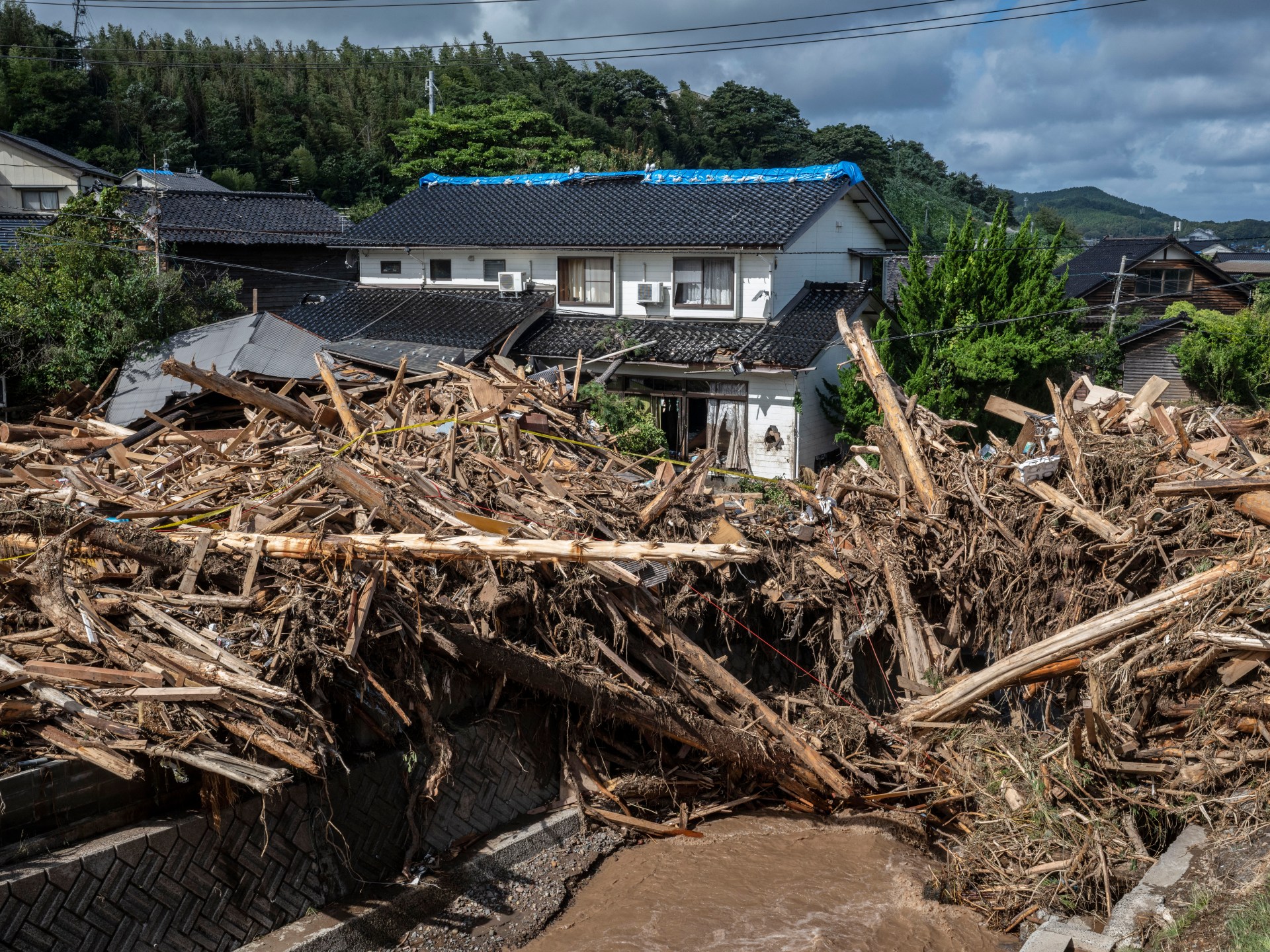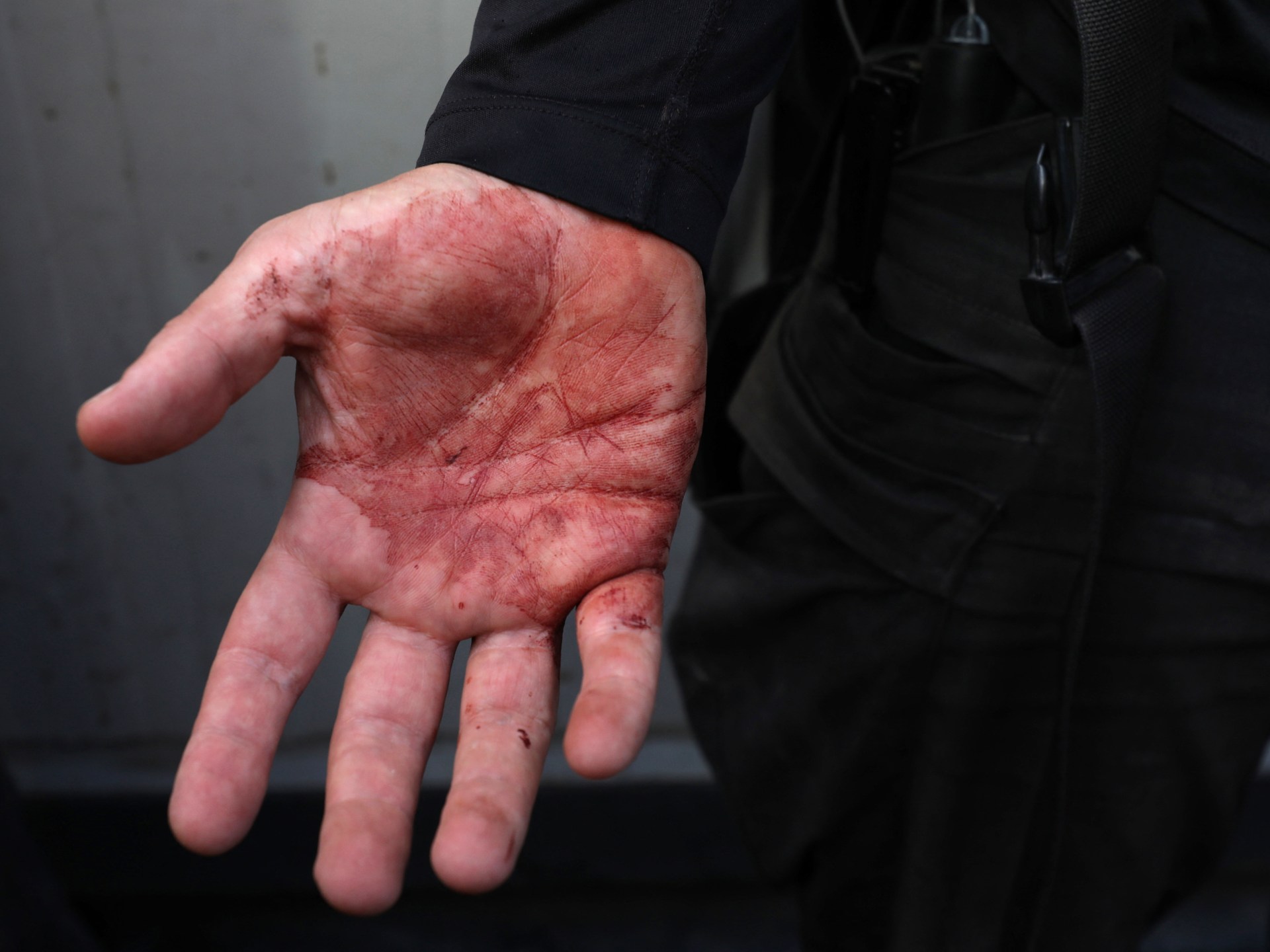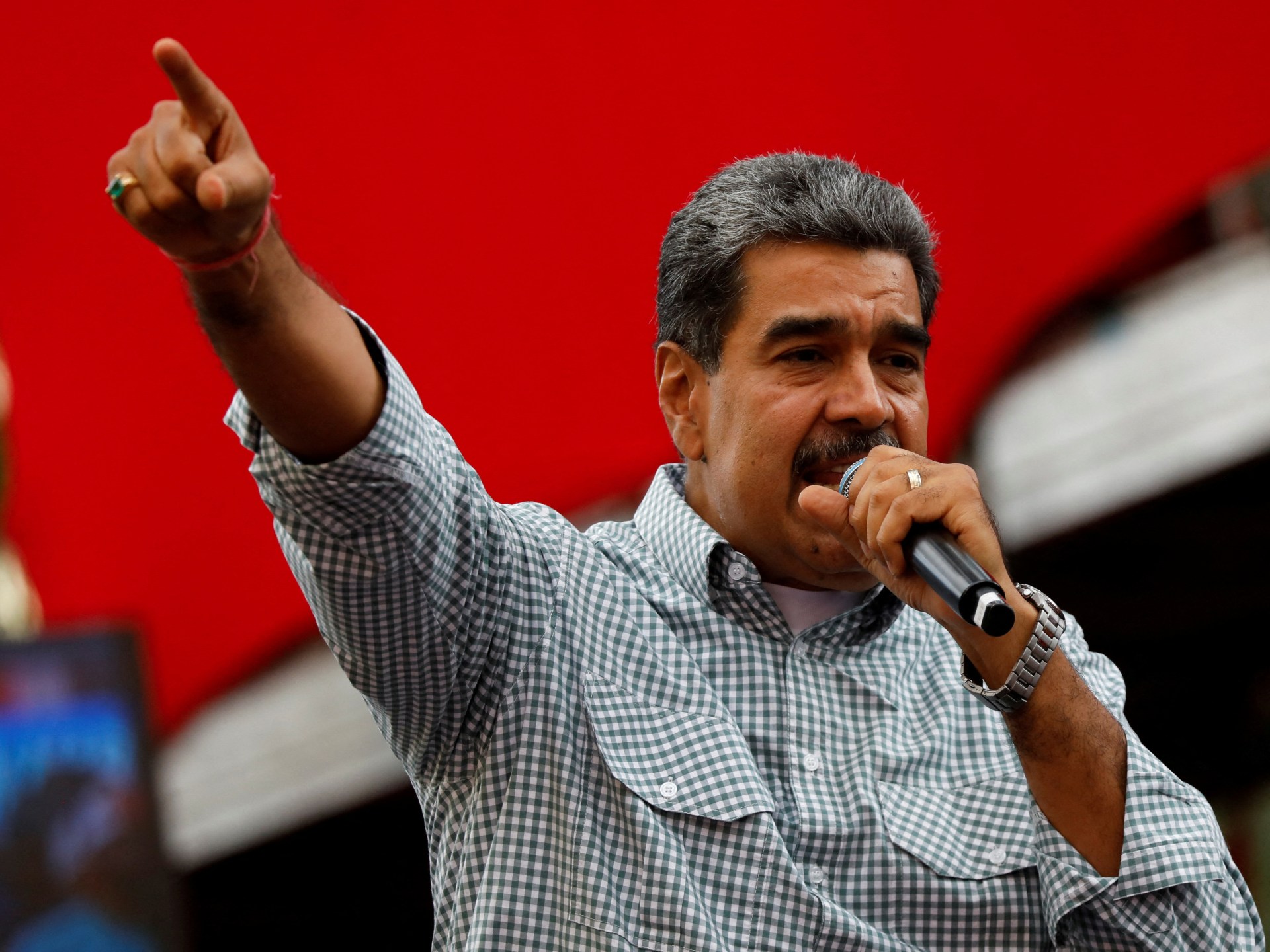
The death toll from an Israeli air attack in Beirut’s southern suburbs has risen to 38 people, including three children and seven women, Lebanese authorities say.
The strike, which wrecked two buildings in the Lebanese capital’s Dahiya district during rush hour on Friday, also injured more than 60 people, Health Minister Firass Abiad told a news conference on Saturday.
The three children killed were aged four, six and 10, according to Abiad. Emergency personnel was still searching for 17 people under the rubble.
“[The rescue operation] could continue for another day or so,” Al Jazeera’s Dorsa Jabbari reported from Beirut.
“There is still a sense of shock and fear,” she added. “Many of the shops in this area are closed, there are very few people present as many have chosen to pack up and leave.”
Minister of Public Works and Transport Ali Hamieh told Al Jazeera Arabic that the bombing of a residential building constituted a “war crime” and that Israel was “dragging the region into a war”.
Israel’s military said it carried out a “targeted strike” against senior members of Hezbollah’s elite Radwan Forces in the Beirut suburb. An Israeli military spokesperson said on Saturday that “at least 16 Hezbollah militants” were killed in the attack.
Hezbollah confirmed that two of its top commanders, Ibrahim Aqil and Ahmad Mahmoud Wahabi, along with 12 other members, were killed. In July, an Israeli air strike killed Fuad Shukr, the group’s top military commander.
Interior Minister Bassam Mawlawi said Lebanon had entered a “decisive” phase after the attack on the residential suburb, telling a news conference on Saturday that everything must be done to prevent further violations of Lebanese territory and avoid further deterioration of the security situation.
Friday’s air attack on the densely populated area followed explosions of thousands of pagers and walkie-talkies in Lebanon on Tuesday and Wednesday, which was also blamed on Israel and killed at least 39 people while wounding close to 3,000 others.
Meanwhile, Israeli warplanes pounded southern Lebanon, raising fears of an all-out war.
The Israeli military said on Saturday it had been “striking extensively” in what has been the most intense day of crossborder attacks since October 8.
Dozens of Israeli warplanes were “widely” striking Hezbollah targets in southern Lebanon “to eliminate threats against the citizens of Israel,” said Israeli military spokesman Rear Admiral Daniel Hagari.
For nearly a year, Iran-backed Hezbollah fighters in Lebanon have traded crossborder fire with the Israeli army. But the cross-border exchanges have escalated since late August.
Lebanon’s official National News Agency reported that Israeli warplanes had launched “a large-scale air attack” on Saturday evening over south Lebanon.
“Israeli officials say they have launched at least 80 raids on weapons installations belonging to Hezbollah and in turn, Hezbollah launched at least 45 rockets on northern Israel,” Jabbari reported from Beirut.
“This exchange is the most intense since the two sides started engaging in cross-border fire on October 8, a day after Israel began its latest war on Gaza,” she added.
People gather at the scene of an Israeli strike that targeted Beirut’s southern suburbs [AFP]
The Israeli attacks in Lebanon have serious implications for international law, said Ibrahim Fraihat, professor of international conflict resolution at the Doha Institute for Graduate Studies.
“What we are seeing in Lebanon takes the disrespect of international humanitarian law to a [new] level,” Fraihat told Al Jazeera. “These violations are being normalised by the silence of the West.”
He warned that the escalation of tensions in Lebanon was bound to divert attention from Gaza, allowing for more human rights violations to take place there.
Nearly a year into its war on Gaza, Israel believes it can deal serious damage to the Lebanese group by “doubling down”, according to Al Jazeera’s Zein Basravi, reporting from Jordan.
“They think that forcing Hezbollah through monstering them with military strikes, in multiple areas, on multiple fronts, of varying ferocity, will force it to make some kind of tactical retreat,” he added.
Related News

At least six killed in Japan after floods hit quake-stricken Noto Peninsula

UK’s Starmer calls for ‘de-escalation’ between Israel and Hezbollah

Advocates demand justice after US protester killed in Israeli gunfire


